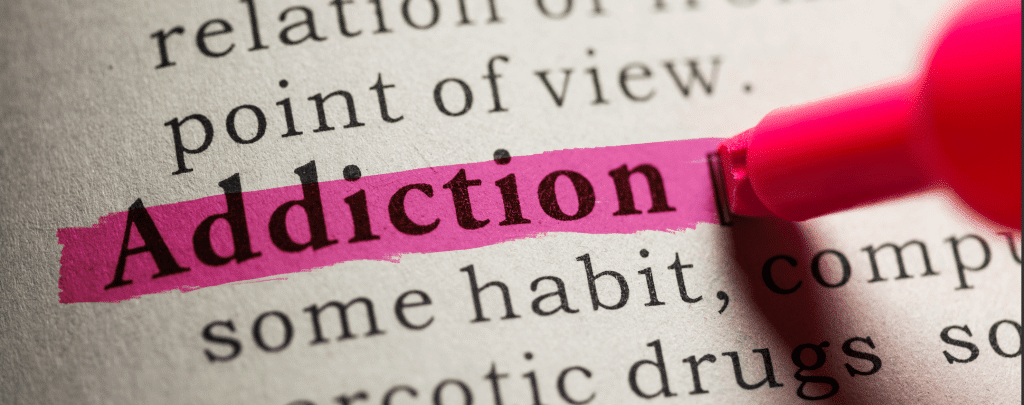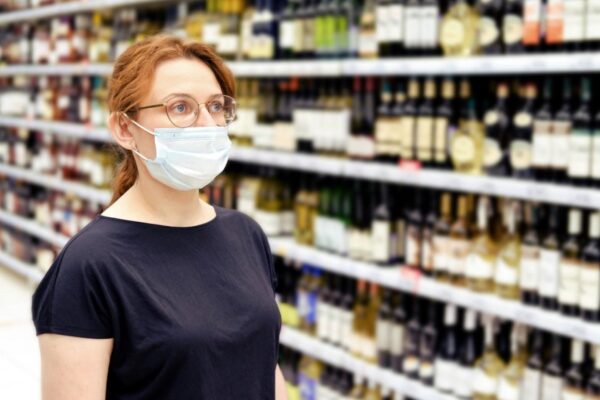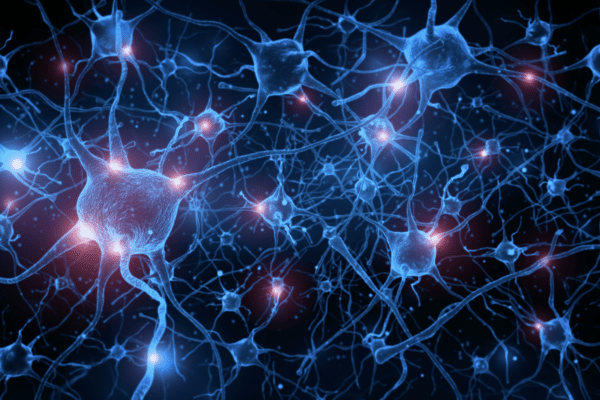The 3 Most Common Addictions

Addiction is a long-lasting brain disorder that can affect people of every age, race, gender or status. Contrary to what some might believe, it is a disease like cancer, diabetes or any cardiovascular disease. It is only different in the fact that it affects the brain, and unfortunately, it may never be cured. However, it can be managed successfully. People can be addicted to different things but in Richmond, Virginia, some addictions are more prevalent than others almost resulting in an epidemic.
What is Addiction?
Put simply, addiction is the state of being dependent to a certain substance or activity. Addiction is quite different from abuse; people can abuse a substance without being clinically addicted to it. Addiction is most often used in terms of drug or alcohol addictions, but other addictions include, caffeine, gambling, pornography, sex and sugar addictions.
Addiction Signs
- Withdrawal symptoms experiences: These can include nausea, vomiting, dizziness, changes in mood, and anxiety when the source of addiction has not been taken;
- Increased tolerance to the drug or alcohol: Tolerance can be defined as when more of a drug or addictive substance is required to generate the same physical effects, or when the usual amount fails to bring on the desired “high” or feeling of pleasure;
- Ignoring activities or obligations once loved such as work, school, family time, social engagements, or hobbies;
- Spending time trying to obtain the substance which may sometimes involve lying, stealing and all kinds of manipulations;
- Lack of self-control: In this case the person cannot help themselves anymore, they just have to ‘’have it’’. When on the substance, they also become irrational and uncontrollable;
- Using the drug despite the negative consequences it causes which may include loss of work, issues in familial relationships, health problems and legal consequences.
Addiction Statistics in Virginia
Statistics of addiction in Virginia have increased steadily over the years, resulting in drug overdose deaths. Between the years of 2007 to 2010, around 700 people died from drug overdose annually in Virginia. This was mostly due to an addiction to prescription opioids.
By 2011, heroin started trending more in toxicology reports, causing the yearly death rates from drug overdoses to increase to about 800. Illicit fentanyl use and fentanyl analogues started trending in 2013, causing total drug overdose deaths to rise to 1,028 by 2015 according to the Washington Post.
In 2013, Virginia reported 854 drug overdose deaths, 980 in 2014, 1039 in 2015. For four years consecutively, addiction-induced deaths have surpassed motor accident deaths.
Three Common Addictions in Virginia
Opioid Addiction
Opioid overdose has quadrupled over the years since 1999, and Virginia has not escaped its share of the menace. According to the Center for Disease Control and Prevention, opioids are the main driver of drug overdose deaths, both the ones prescribed or gotten illicitly. Fatal drug overdose increased significantly by 38% in Virginia from 2015 to 2016 with synthetic opioids as a major culprit.
The governor of Virginia, Terry McAuliffe, recently declared a public health emergency arising from a report from the State Health Commissioner, Dr. Levine who reported that many families have lost a loved one to opioid addiction.
Alcohol Addiction
Alcohol addiction is when a person continues drinking even though the drinking is causing problems. Persistent consumption of alcohol can lead to a significant dependence on it. Alcohol dependence is also called alcoholism which means that a person is physically or mentally addicted to alcohol. For an alcoholic, there is a strong need, or craving, to drink.
Alcohol addiction is another major addiction in Virginia. According to the national substance abuse index, the statistics of Virginia shows that a total of 4,311 people are addicted to alcohol alone. The age group afflicted with alcohol addiction is people between the ages of 36 to 45, with 77.5% male, 22.2% female, and 0.2% unknown. It is more difficult to identify the addiction both by the addicted, and people around them. Some major signs of alcohol addiction are:
- Neglecting Responsibilities – Having problems at work, school or with household responsibilities because of drinking where it begins to affect normal daily activities and functioning.
- Having Frequent Blackouts – When drinking alcohol has gotten to the point where the individual has spells of not being able to account for periods of time in the day.
- Exceeding What is Considered Social Drinking – A very strong indication is when the number of bottles has increased before any intoxication occurs. It means the body is exposed to alcohol regularly enough that it has increased capacity to retain more and adapt better.
- Experiencing Withdrawals – Withdrawals should not be confused with a mere hangover; it is the reaction to the lack of alcohol shown through signs like depression, irritability, and anxiety which occur until alcohol is consumed before normalcy is restored. It becomes advanced when the person is now having trouble sleeping, loss of appetite, and experiencing trembling and shakes.
- Struggling to Quit – when there is the realization that alcohol is a problem, and all efforts to stop have proven futile, then additional help should be considered quickly.
Combination Addiction
This means the combination of drugs and alcohol or prescription drugs of different variations. For example, a combination of opioids with heroin, cocaine, or meth. In the national substance abuse index for Virginia, combination addiction has the highest total of 5,127 when compared to other type of addictions. Sometimes, these combinations are done unintentionally or accidentally, but with devastating effects regardless. It could lead to death or the birth of other life-threatening conditions. It is, therefore, important to take precautions when combining drugs or medicating while taking alcohol. General precautions to avoid becoming addicted should include:
- Knowing the drugs prescribed and what they are for, the side effects associated with it, and any required precautions to be taken;
- Use the same pharmacy for all prescribed medications except when it cannot be helped, this would ensure that a record of all medications is maintained;
- Be open to the doctor and pharmacist about any self-medicating that you may have done or are taking presently which may include over-the-counter drugs, herbal or alternative medications or any illegal substances, so that you can be educated on the possible interactions;
- Avoid using medication prescribed for others;
- Do not assume any need to increase medication dosages or using medications in other ways without medical approval.
Conclusion
Anyone can develop an addiction for any thing or substance and so, all hands must be on deck to reduce the increase of this deadly problem. Hiding or concealing addiction as a deep dark secret usually strengthens its effect on the addicted. The way to beat addiction is to call out for help, and seek assistance. Virginia is equipped with many rehabilitation centers, programs, and trained professionals that can help in addiction recovery, particularly now that the government is looking closely on fighting it at all costs.


